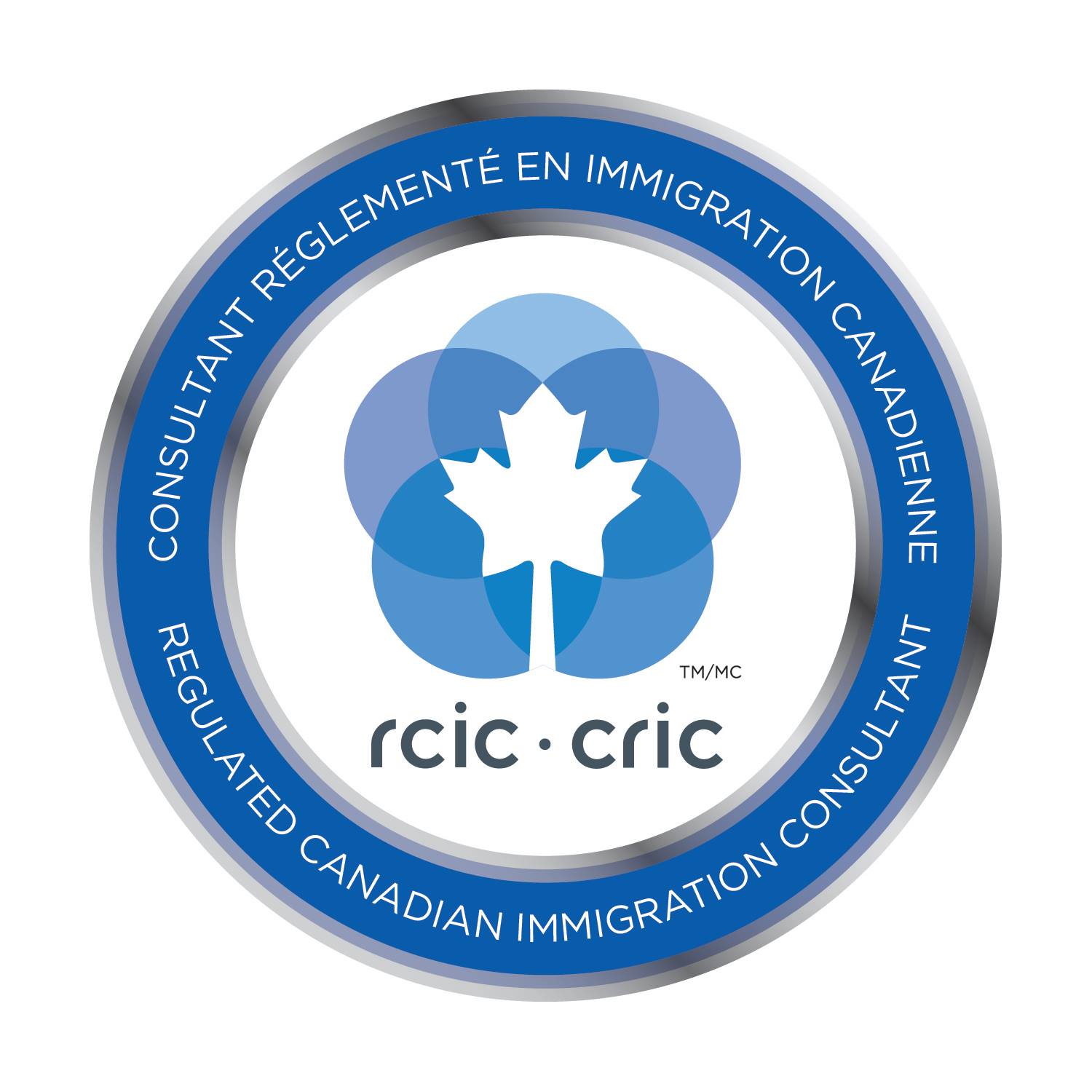|
>Home
|
|
TEMPORARY FOREIGN WORKERS
Under the Immigration and Refugee Protection Act, foreign nationals may work temporarily in Canada under certain conditions. Those who wish to do so are generally required to have a work permit, which is usually valid for a specific job and length of time.
Definition of 'Work'
The Act defines work as an activity for which an employee is paid a wage or commission, or one that competes with activities in the Canadian job market. In addition, work can also include some self-employment and unpaid employment to gain desirable work experience, such as a student internship.
The definition of work does not include:
- incidental volunteer work for which someone wouldn't normally be paid;
- providing unpaid help to a friend or family member during a visit; and
- long-distance work (i.e. by telephone or Internet) by a visitor whose employer is outside of Canada.
Work Permits
A work permit is proof that a foreign national may work in Canada. It states that the employee can work at a specific job for a specific period of time and for a specific employer. The work permit is not a travel document.
In most cases, an application for a work permit must be made from outside Canada. However, a citizen or permanent resident of the United States or St. Pierre and Miquelon can apply for a work permit directly at a Port of Entry.
The actual work permit will be printed and given to the employee at a Port of Entry when he or she enters Canada. The employee should also have a passport, visa (if issued) or other proof of citizenship to show at the Port of Entry.
Exemptions
In certain cases, some types of temporary foreign workers are eligible to work in Canada without a work permit, or without having to obtain confirmation of a job offer from Human Resources Development Canada (HRDC). They include:
- some commercial speakers, seminar leaders and guest speakers;
- some performing artists, students, athletes, sports officials, journalists and providers of emergency services;
- business visitors; and
- diplomats, consular officers and other representatives or officials of other countries.
Generally the first step in the process is to obtain a job offer from a Canadian Employer. The employer is responsible for obtaining 'confirmation of the offer of employment' from Human Resources Development Canada (HRDC).
Procedure
Confirmation of Employment
The employer must give details of the job offer to Human Resources Development Canada (HRDC). This information includes the following: a description of the duties, wages and working conditions; a statement of essential qualifications; registrations or licenses that the applicant needs; and the applicant's name, birth date, place of birth and address.
An HRDC officer will confirm that:
- the wages and working conditions associated with the job offer are standard for that type of employment;
- the job cannot easily be filled by a qualified and available Canadian; and
- allowing a foreign national to fill the position is unlikely to have a negative effect on the Canadian economy and labor force.
The HRDC officer will then issue a confirmation of the offer of employment and enter the confirmation into a database that can be accessed by all Citizenship and Immigration officers.
The employer should then send the employee:
- a copy of the HRDC letter confirming the job offer; and
- a detailed job offer so that the employee can provide it to an immigration officer when applying for a work permit.
The employer is responsible for arranging worker's compensation and medical coverage when the employee arrives in Canada.
Applying for the Work Permit
Once HRDC confirms the offer of employment and the employee has a detailed job offer, the employee can submit an application for a work permit to a Canadian mission abroad. Copies of the documents mentioned previously should be attached to the application. An applicant must also pay a fee to help cover the cost of processing an application for a work permit. The fee is not refundable.
An employee may be asked to go to an interview, to send some information by mail, or to have and pay for a medical checkup.
If the employee qualifies and has all the required documents, and if the job offer is confirmed the employee will be approved for a work permit. A separate visitor visa may be placed in the employee's passport.
|

